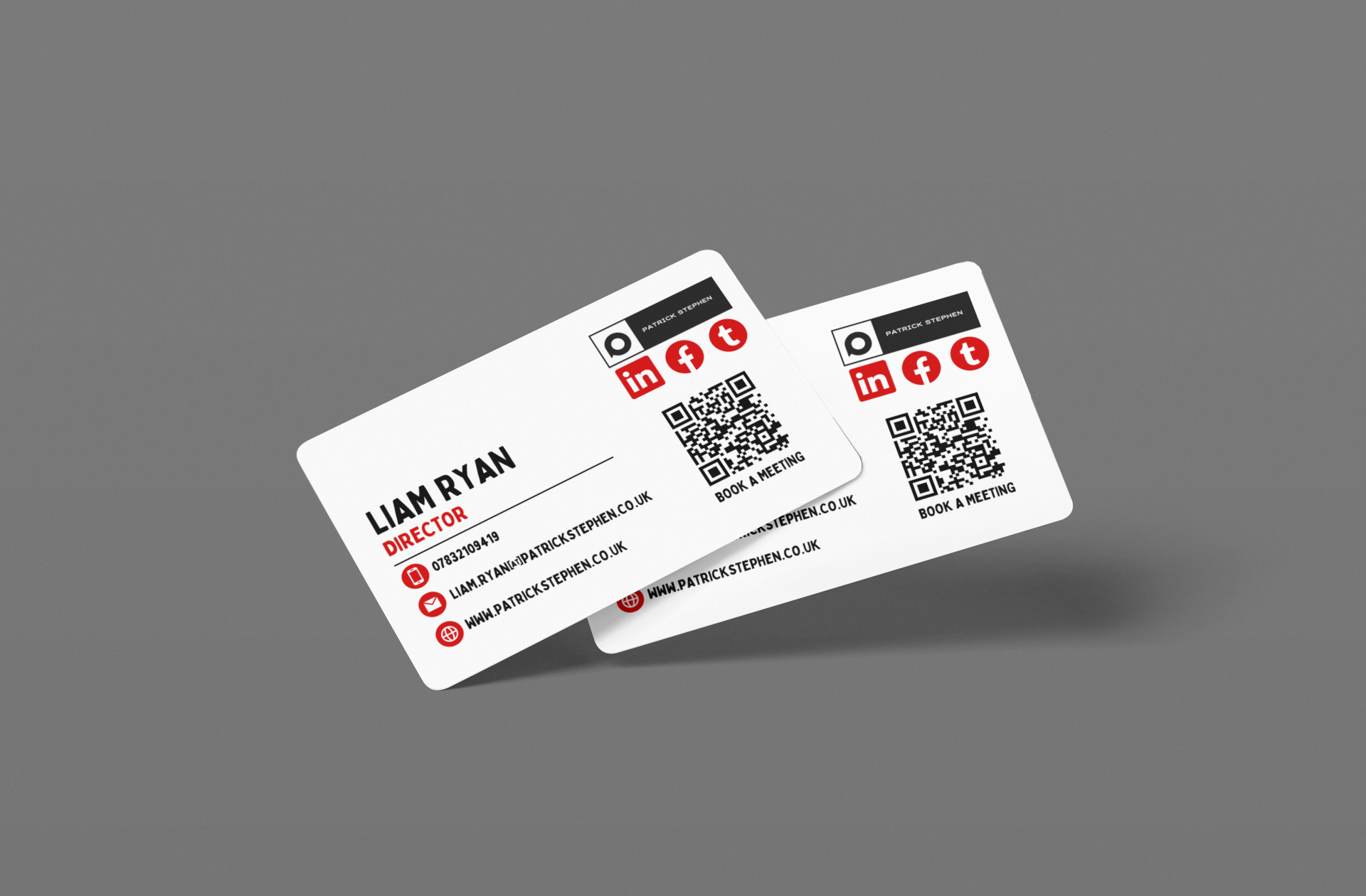A Beginner's Guide to SEO: Essential Tips for Success
Understanding SEO Basics

Search Engine Optimisation (SEO) is a crucial aspect for anyone looking to establish a strong online presence. For beginners eager to grasp the fundamentals, understanding the basics can sometimes feel overwhelming. However, with the right approach and tools, such as a DIY SEO platform, anyone can start optimising their website effectively.
Before diving into the specifics of how to optimise your site, it’s important to grasp what SEO entails. In simple terms, SEO is the process of improving a website's visibility in search engine results pages (SERPs). This is accomplished through a variety of strategies and techniques that help search engines to better understand and rank your site.
Key components of SEO include:
- Keyword Research: Knowing what your target audience is searching for is essential. Tools available on your DIY SEO platform can help you identify relevant keywords that you should focus on.
- On-Page SEO: This involves optimising individual web pages to rank higher. Key practices include using title tags, meta descriptions, header tags, and ensuring your content is high-quality and relevant to your chosen keywords.
- Off-Page SEO: This refers to activities that occur outside of your own website. Building a network of quality backlinks from reputable sources can significantly enhance your site's credibility in the eyes of search engines.
- Technical SEO: This encompasses backend aspects of your website, such as site speed, mobile friendliness, and indexing. Using a DIY SEO platform can provide insights into these technical elements and guide you through the necessary improvements.
Getting Started with SEO
Step 1: Set Clear Goals
Before implementing any SEO strategies, set clear, measurable objectives. Do you want to increase traffic, generate leads, or boost sales?
Having clear goals will help you determine what metrics to track and evaluate your SEO efforts.
Step 2: Choose the Right DIY SEO Platform
To facilitate your journey in SEO, selecting an appropriate DIY SEO platform is crucial. Such platforms often offer tools for keyword research, performance tracking, and content optimisation. Look for features such as:
- User-Friendly Interface: Ideal for beginners, ensuring ease of use.
- Comprehensive Tools: From keyword suggestions to backlinks analysis, a robust DIY SEO platform should cover all aspects.
- Educational Resources: Many platforms offer tutorials and guides to help beginners learn more about SEO best practices.
Step 3: Conduct Keyword Research
Utilising the tools in your DIY SEO platform, begin your keyword research. Focus on finding keywords that strike a balance between search volume and competitiveness. Long-tail keywords, which consist of three or more words, are often less competitive and can lead to higher conversion rates.
Step 4: Create High-Quality Content
Content is king in the realm of SEO. Aim to produce engaging, informative, and original content that resonates with your audience. Make sure to incorporate your target keywords naturally within your content and use variations of these keywords to enhance your chances of ranking.
Step 5: On-Page & Off-Page Optimisation
On-page optimisation involves tweaking your title tags, meta descriptions, and headers to include your keywords. Ensure your content is structured well and easy to read. Off-page optimisation, on the other hand, requires building backlinks – establish connections with other reputable websites and engage in guest blogging when possible.
Step 6: Monitor and Adjust
SEO is not a one-time task; it requires ongoing monitoring and adjustments. Use the analytics tools provided by your DIY SEO platform to track your progress. Pay attention to which strategies are working and which need refinement. Evaluate metrics such as organic traffic, bounce rates, and keyword rankings, and adapt your approach accordingly.
Final Thoughts
Learning SEO as a beginner may seem daunting, but with the right tools, like a DIY SEO platform, and a systematic approach, you can make significant strides in improving your website’s visibility. Remember to set clear goals, conduct thorough keyword research, and consistently create high-quality content. As you track your performance and make adjustments along the way, you’ll find that SEO becomes increasingly manageable.
With patience and dedication, you will not only understand how to do SEO but also master the art of attracting relevant visitors to your site.
Start today, and unlock the potential of your online presence!
SHARE ON YOUR SOCIALS







